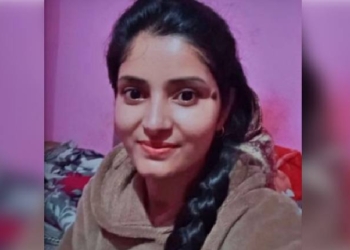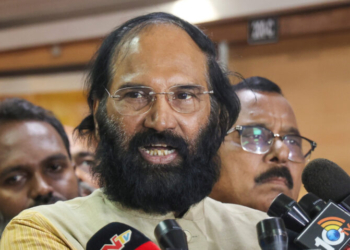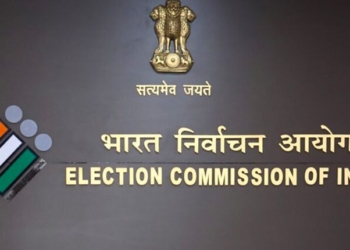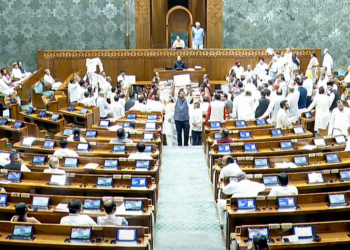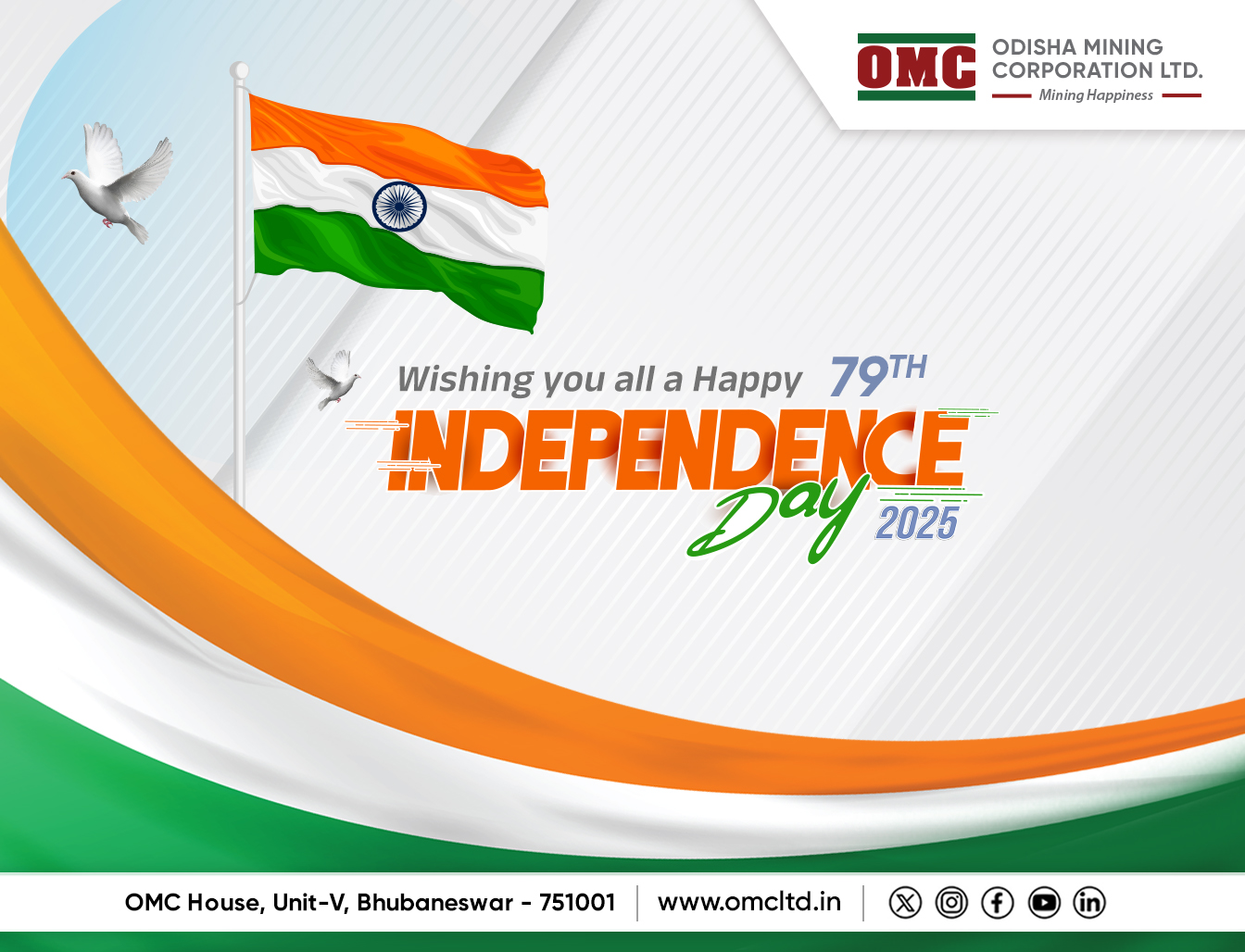New Delhi: The Supreme Court on Thursday said a “weak-kneed person” cannot be appointed as an Election Commissioner and can have no place in the conduct of elections, forming the very foundation of democracy.
It also stressed that the ballot is more potent than the most powerful gun and democracy facilitates a peaceful revolution at the hands of the common man if elections are held in a free and fair manner.
A five-judge bench, headed by Justice K.M. Joseph said: “Riding on the horse of independence, it cannot act in an unfair manner either. Independence must be related, finally, to the question of ‘what is right and what is wrong’. A person, who is weak kneed before the powers that be, cannot be appointed as an Election Commissioner.”
It further added “a person, who is in a state of obligation or feels indebted to the one who appointed him, fails the nation and can have no place in the conduct of elections, forming the very foundation of the democracy. An independent person cannot be biased”.
The bench said it is concerned with the devastating effect of continuing to leave appointments in sole hands of the executive on fundamental values, as also the fundamental rights, “we are of the considered view that the time is ripe for the court to lay down norms”.
The bench – also comprising Justices Ajay Rastogi, Aniruddha Bose, Hrishikesh Roy and C T Ravikumar – emphasised that democracy is inextricably intertwined with power to the people and the ballot is more potent than the most powerful gun.
“Democracy facilitates a peaceful revolution at the hands of the common man if elections are held in a free and fair manner. Elections can be conflated with a nonviolent coup capable of unseating the most seemingly powerful governing parties, if they do not perform to fulfil the aspirations of the governed.”
The bench noted that democracy is meaningful only if the sublime goals enshrined in the preamble to the Constitution receive the undivided attention of the rulers, namely, social, political, and economic justice. “Democracy can be achieved only when the governing dispensation sincerely endeavours to observe the fundamental rights in letter and spirit. Democracy also, needless to say, would become fragile and may collapse, if only lip service is paid to the rule of law,” it said, adding that a brute majority generated by a democratic process must conform to constitutional safeguards and the demands of constitutional morality.
The court noted vacuum in the appointment process of the poll panel under Article 324 of the Constitution, as the executive was entrusted exclusively with it as “a mere transient or stop gap arrangement”. It further added that this was to be replaced by a law made by the Parliament taking away the exclusive power of the executive.
“The Model Code of Conduct, the views of this Court about appeal to religion, being a corrupt practice, and paragraph 16A of the Symbols Order, empowering the Commission to act in the face of defiance, constitute a powerful weapon in the hands of an independent and impartial Election Commission. Placing the exclusive power to appoint with the Executive, hardly helps.”
The top court passed a unanimous 378-page judgment on petitions filed by Anoop Baranwal, Ashwini Kumar Upadhyay, NGO Association for Democratic Reforms and Dr Jaya Thakur seeking an independent mechanism for appointment of CEC and ECs.
However, Justice Rastogi gave his own separate reasoning.
(IANS)






